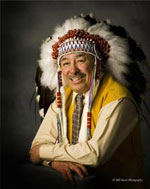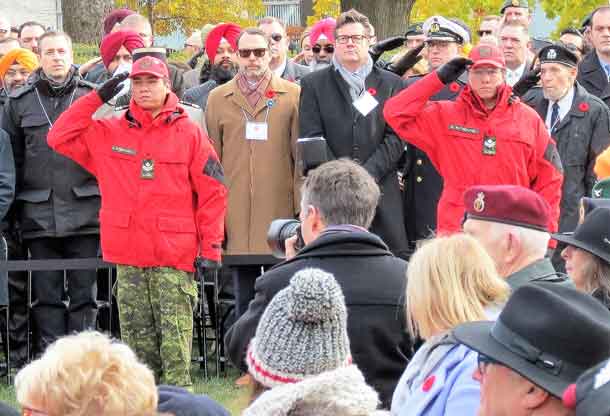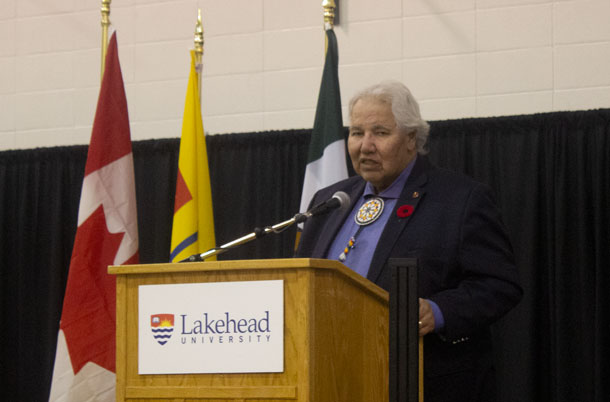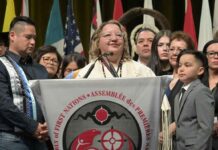
THUNDER BAY – Aboriginal – Ontario Regional Chief Stan Beardy stands behind Grassy Narrows First Nation in their longstanding clash with the province over a forest management plan approved by the Premier in December to further clearcut within the Grassy Narrows territory without community consultation or consent.
“It’s absolutely imperative that the Ontario government maintain protocol regarding First Nation consultation as per the Canadian Constitution,” said Regional Chief Stan Beardy. “First Nations in Ontario are still hoping that it can build a strong, trusting relationship with Ontario. Making unilateral decisions to harvest on traditional territory without a community’s consent only further erodes the relationship.”
Chief Simon Fobister of Grassy Narrows First Nation expressed his concerns in a December 23 news release following the approval of Ontario’s forest management plan, which would take effect in 2014.
“Premier Wynne, it is within your power to ensure that the mistakes of the past are not repeated at the expense of another generation of Grassy Narrows children,” said Chief Fobister. “I call on you to intervene to repeal this hurtful plan and to ensure that never again will Ontario attempt to force decisions on our people and our lands.”
Chief Fobister said that province’s logging plan will clearcut much of what mature forest remains on their territory, which raises concerns about facing another issue with mercury poisoning. Chief Fobister also said that further logging will erode Treaty rights, and will impact the families who depend on fishing, hunting and trapping.
“Grassy Narrows is requesting a meeting with Ontario Minister of Natural Resources David Orazietti. I urge the Minister to meet with the First Nation to reach an understanding on how to move forward,” said Regional Chief Beardy.
Called “the longest running Indigenous logging blockade in Canada,” Grassy Narrows has spent nearly 15 years in court fighting the Ontario government’s decision to issue a licence for clearcut operations in parts of the Keewatin portion of Treaty 3 territory. It led to a significant Ontario Superior Court decision in 2011 which ruled that the province cannot authorize timber and logging if the operations infringe on federal treaty promises protecting aboriginal rights to traditional hunting and trapping. This ruling has been appealed by Ontario and it is expected to be heard at the Supreme Court of Canada on May 15, 2014.




